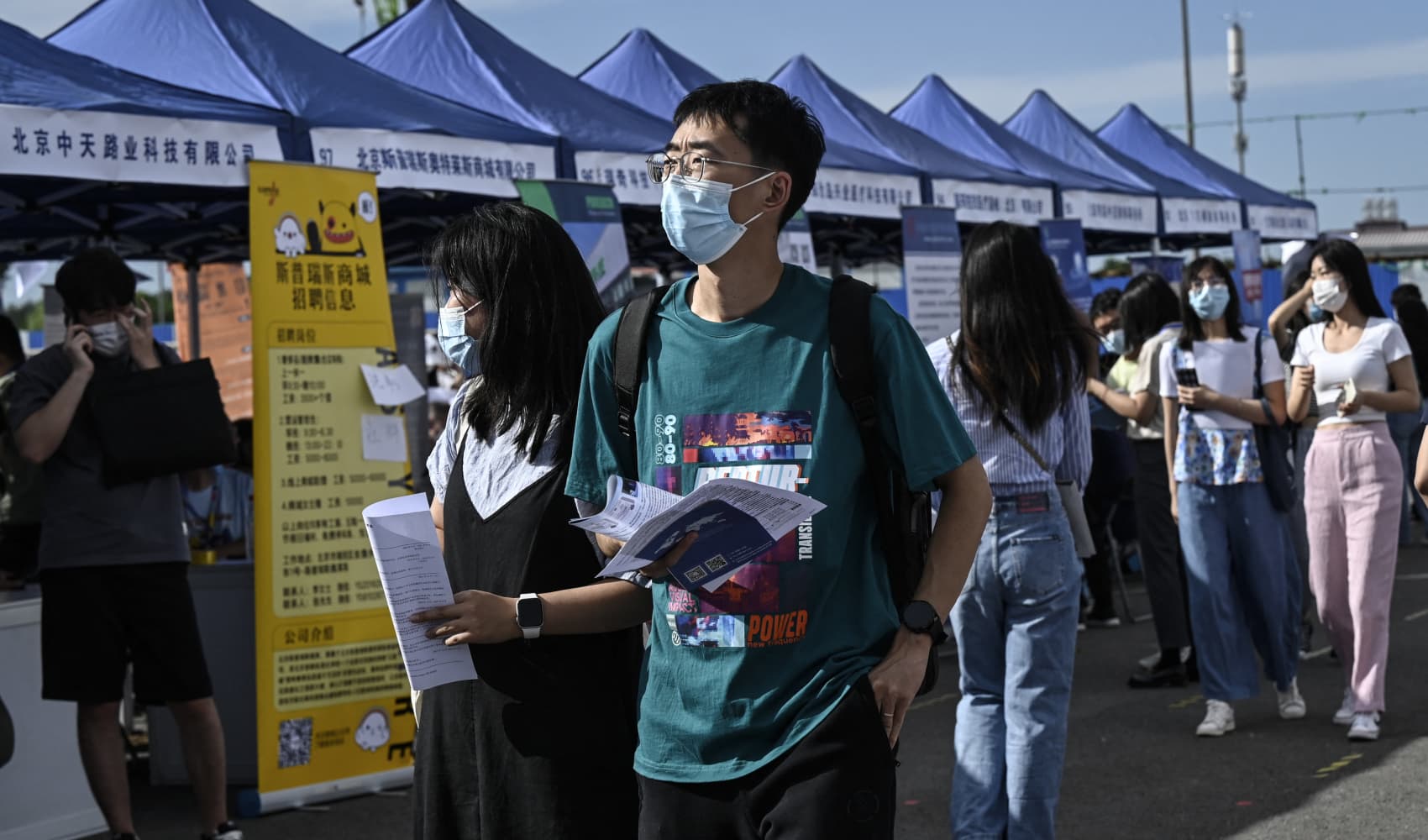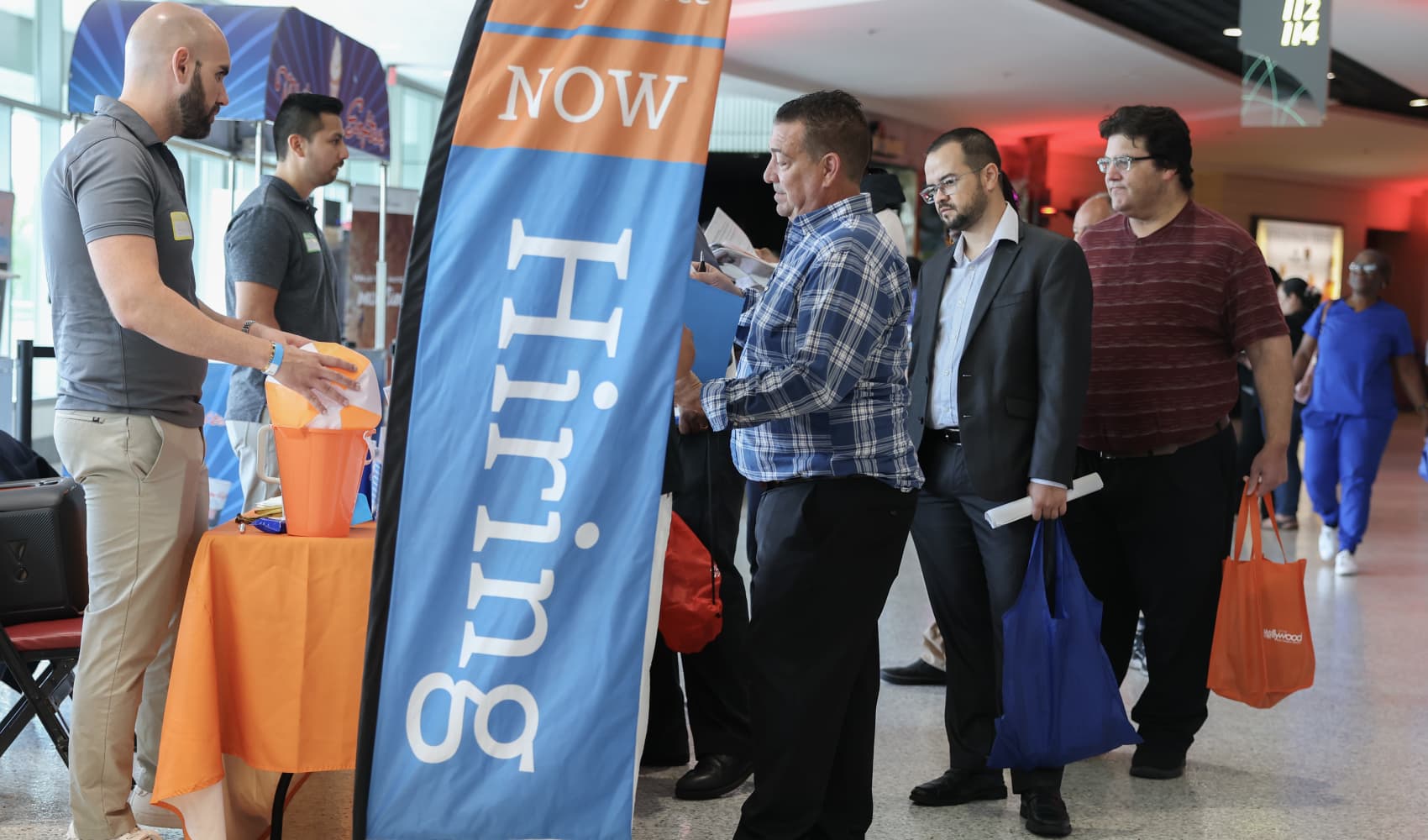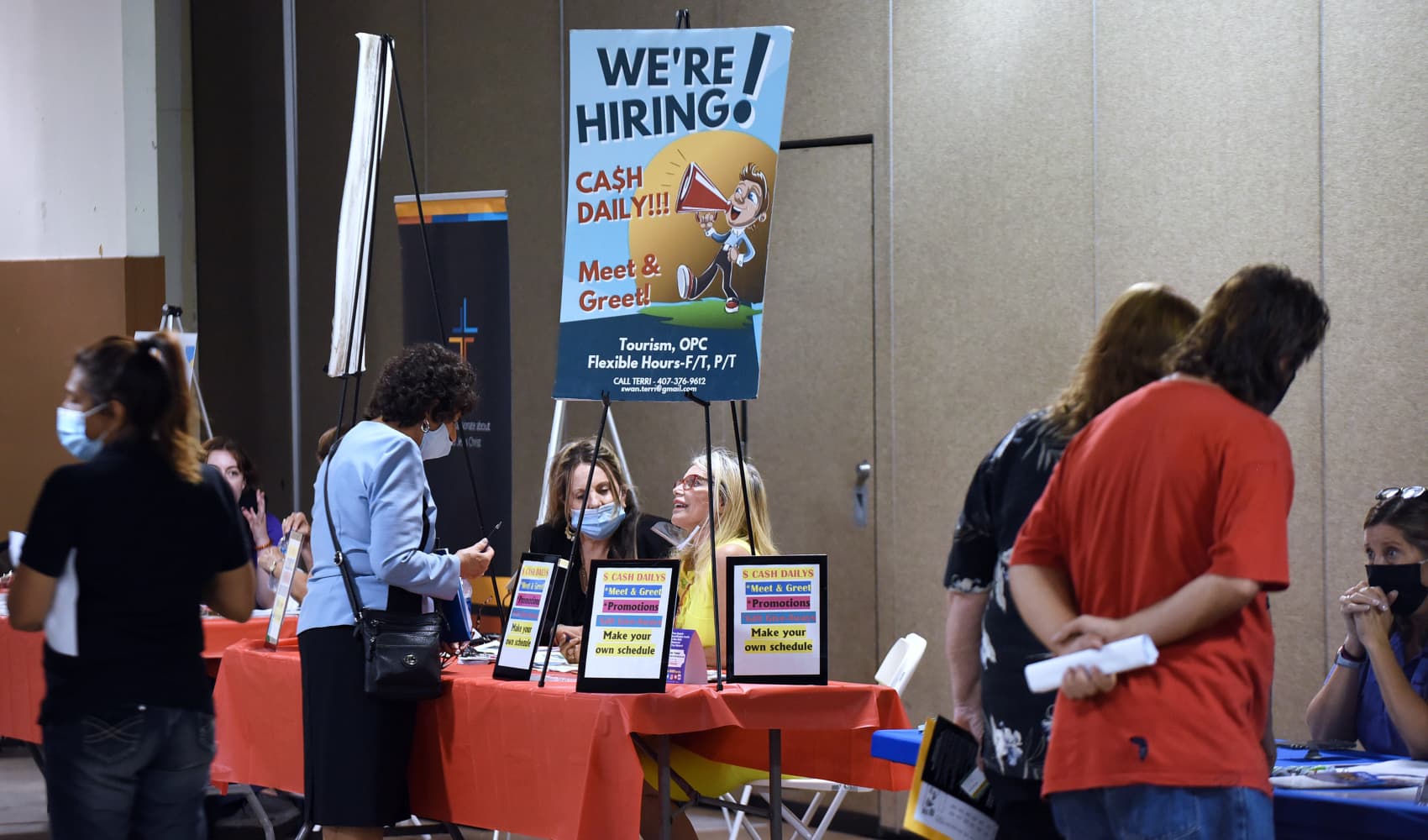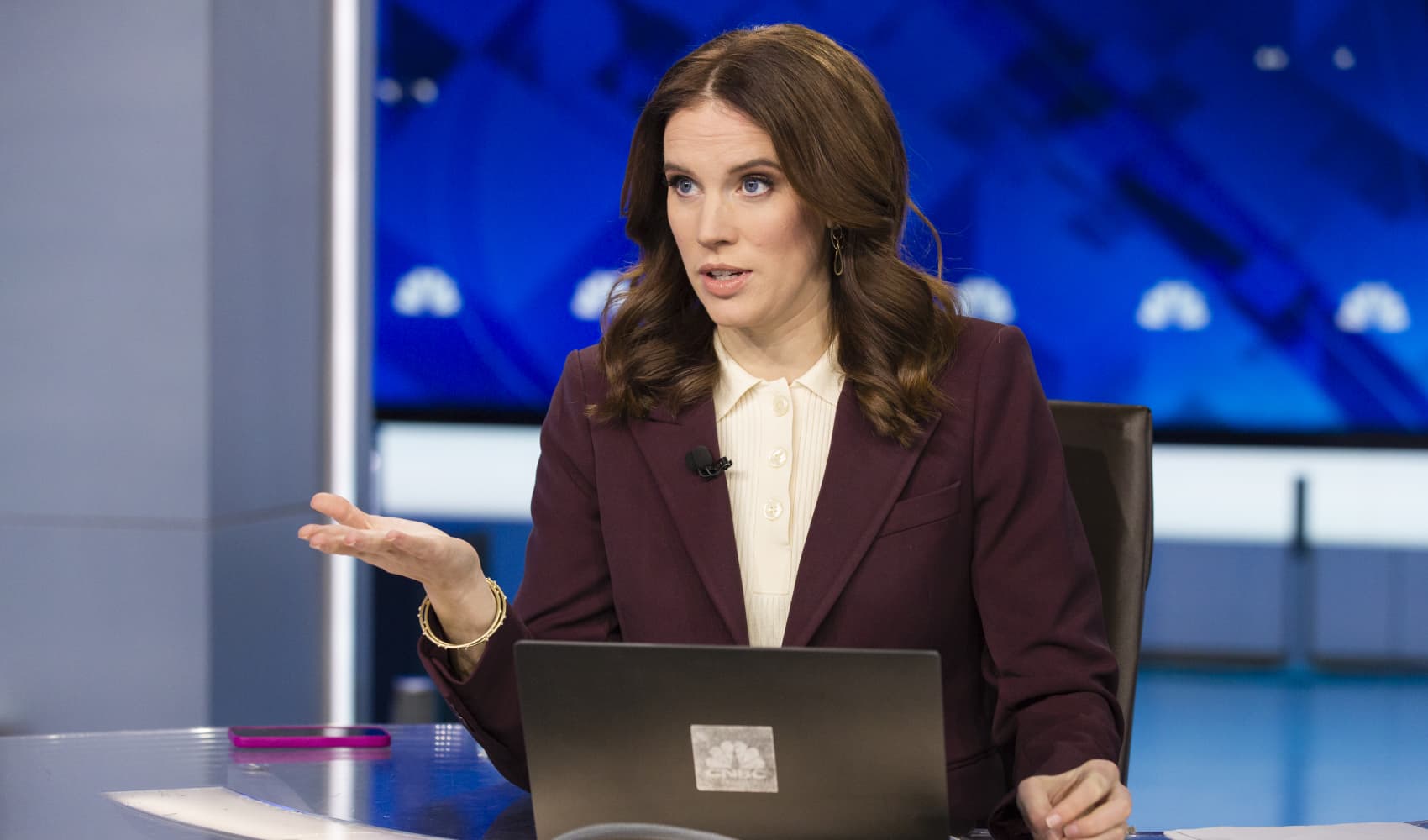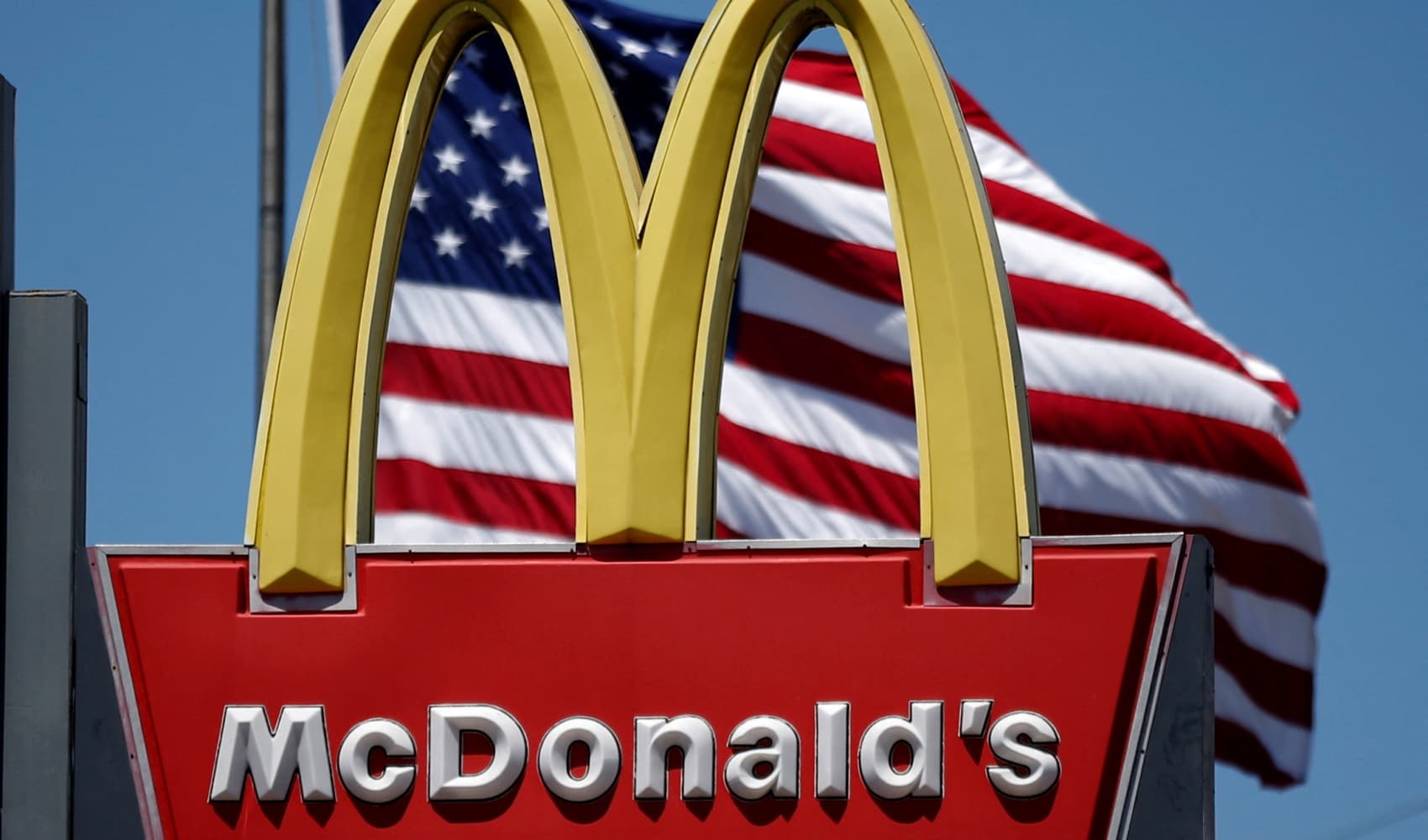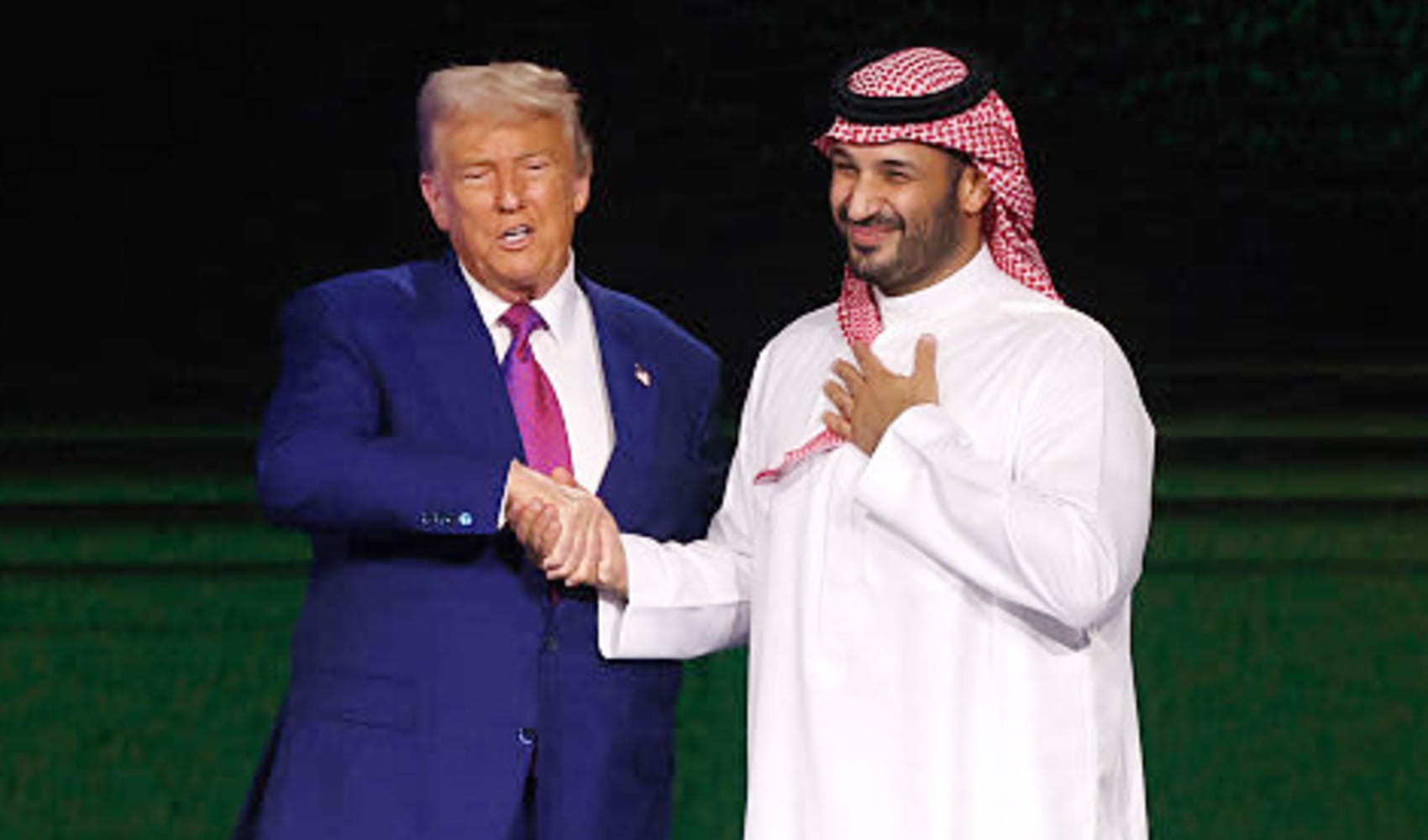China's Economic Response: Job Support Amid US Trade Wars
China's Economic Shield: Job Support & Stimulus Amid U.S. Tension
Introduction: Navigating the Storm
The global economic landscape is looking a little choppy these days, isn't it? Imagine navigating a ship through a storm; you need a steady hand on the wheel, a clear strategy, and the right tools to weather the challenges. That's precisely what China's doing right now. As trade tensions with the U.S. intensify, Beijing is rolling out a comprehensive plan to bolster its economy, focusing on job creation and export support, and even hinting at further stimulus measures. Think of it as an economic shield, designed to protect its industries and workforce.
The Front Lines: Job Support Initiatives
The heart of any economy is its people. So, where does China's strategy begin? With jobs, of course. The Human Resources Ministry recently announced subsidies for companies hiring recent graduates. While the specific amount wasn't disclosed, the signal is clear: invest in the future. It's like planting seeds for a bountiful harvest later on.
Why Focus on Recent Graduates?
Why the emphasis on new graduates? Well, think about it. Recent graduates represent the future workforce. They are eager, adaptable, and possess fresh knowledge and skills. By incentivizing companies to hire them, China is not only tackling unemployment but also fostering innovation and injecting new energy into the economy. It's a win-win situation!
Subsidies: A Helping Hand
These subsidies act like a bridge, connecting graduates with opportunities and helping companies offset the initial costs of training and onboarding. It's a proactive measure designed to prevent unemployment from spiraling out of control, especially during these uncertain times. Who wouldn’t like an extra boost when starting something new?
Supporting Exporters: A Confidence Booster
China's export sector has been a significant driver of economic growth. But what happens when trade winds shift, and tariffs start flying? That's where Sheng Qiuping, Vice Minister of Commerce, steps in. He assured reporters that authorities would provide financial support to exporters, aiming to instill "more confidence to take orders."
Financial Support: A Lifeline for Exporters
What does this financial support look like? Think of it as a safety net, providing exporters with the resources they need to navigate the turbulent waters of international trade. It could include measures such as:
- Export credit insurance
- Loan guarantees
- Tax rebates
These measures aim to reduce the risks associated with exporting and encourage businesses to continue seeking opportunities in the global market. This is an essential part of mitigating the impact of tariffs.
Building Confidence: A Psychological Edge
Sometimes, it's not just about the money. Confidence plays a crucial role in economic activity. By publicly stating their commitment to supporting exporters, Chinese officials are sending a clear message: "We've got your back." This psychological boost can be just as important as the financial assistance itself.
Stimulus on the Horizon: Keeping Options Open
While the focus is currently on job support and export assistance, Chinese officials are also leaving the door open for further stimulus measures. It's like having a backup plan in case the storm intensifies.
Contingency Plans: Preparing for the Worst
What might these stimulus measures entail? Here are a few possibilities:
- Increased government spending on infrastructure projects
- Tax cuts for businesses and individuals
- Easing of monetary policy to encourage lending
The exact nature and timing of any additional stimulus will likely depend on how the trade situation evolves. But the fact that authorities are even considering it shows their commitment to maintaining economic stability.
A Balancing Act: Prudence and Proactiveness
Stimulus measures can be a powerful tool, but they also come with risks. Too much stimulus can lead to inflation and asset bubbles. Too little, and the economy could falter. China's economic managers face a delicate balancing act, weighing the need for short-term support against the long-term implications for financial stability. It's like walking a tightrope.
U.S.-China Trade Tensions: The Underlying Pressure
Let's not forget the elephant in the room: the escalating trade tensions between the U.S. and China. These tensions are the primary driver behind China's recent policy moves.
Tit-for-Tat Tariffs: A Vicious Cycle
As of this moment, tariffs between the U.S. and China have more than doubled, placing significant pressure on manufacturers. This has led to factories pausing production and telling workers to stay home, demonstrating how the dispute can affect people's livelihoods. That is a tough situation that no one wants.
Supply Chain Disruptions: The Ripple Effect
The trade war is also disrupting global supply chains, forcing companies to rethink their sourcing strategies and potentially relocate production. This can lead to increased costs and uncertainty for businesses worldwide. Are we entering an era of fragmented global trade?
Beyond the Immediate: Long-Term Implications
The current situation has far-reaching implications for the global economy. It's not just about trade; it's about geopolitical power, technological competition, and the future of globalization.
Technological Independence: A New Focus
The trade war has highlighted China's dependence on foreign technology, particularly in areas like semiconductors. This has spurred a renewed focus on developing indigenous capabilities and achieving technological independence. China is looking to become self-sufficient in critical technologies.
Geopolitical Shift: The Rise of Multipolarity
The tensions between the U.S. and China are also contributing to a broader shift in the global balance of power. The world is becoming more multipolar, with new centers of influence emerging in Asia, Africa, and Latin America. We may be witnessing the dawn of a new era.
Looking Ahead: Uncertainty and Opportunity
The future is uncertain, but one thing is clear: China is determined to navigate the challenges and emerge stronger. The country's commitment to job support, export assistance, and potential stimulus measures demonstrates its resolve.
Adaptability: The Key to Success
In a rapidly changing world, adaptability is key to success. China's ability to adjust its policies and strategies in response to evolving circumstances will be crucial in the years ahead. It's like being a chameleon, blending in with the environment to survive and thrive.
Conclusion: Staying Resilient Amidst Global Turbulence
So, what are the key takeaways? China is actively mitigating the impact of rising U.S. tensions through job support initiatives, assistance to exporters, and the potential implementation of stimulus measures. These actions demonstrate a proactive approach to economic management, aimed at ensuring stability and fostering long-term growth. As the global landscape continues to evolve, China's ability to adapt and innovate will be essential in navigating the complexities of the 21st-century economy. In short, China is bracing for impact and preparing to weather the storm.
Frequently Asked Questions
- What specific types of financial support are available to Chinese exporters? Financial support includes export credit insurance, loan guarantees, and tax rebates, all aimed at reducing risk and encouraging continued global market engagement.
- Why is China prioritizing the employment of recent graduates? Employing recent graduates injects new energy and innovation into the economy, tackles potential unemployment issues, and fosters a skilled workforce for the future.
- What are some potential risks associated with China's stimulus measures? Overdoing stimulus efforts could lead to inflation and asset bubbles, while not doing enough could cause the economy to falter. Balancing prudence and proactiveness is vital.
- How are U.S.-China trade tensions affecting global supply chains? Trade tensions are disrupting supply chains, compelling companies to reassess sourcing strategies and potentially relocate production, thus creating increased costs and uncertainty.
- What is China's strategy for technological independence and why is it important? China is focusing on developing its indigenous capabilities, especially in critical technologies like semiconductors, to reduce reliance on foreign technology and ensure self-sufficiency for long-term economic security.
